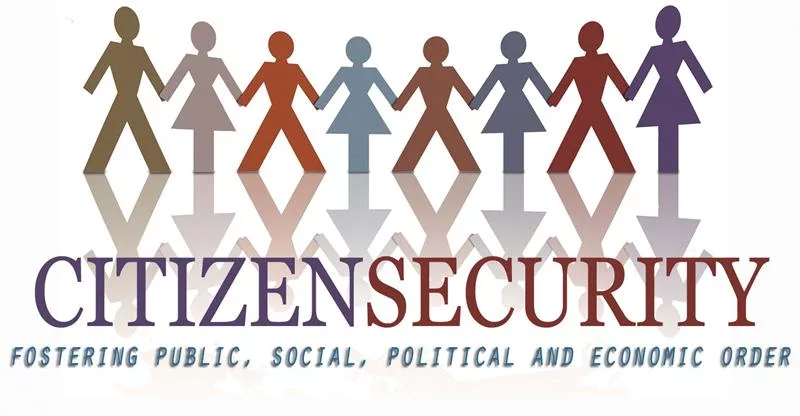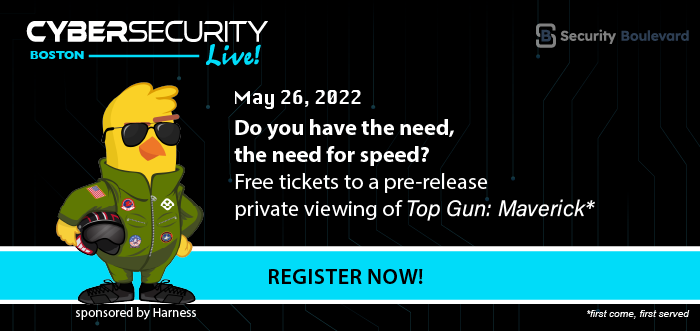Top 15 Best Public Citizen Security Solutions Companies In India 2023
Some of the leading security solutions companies in India include:
- G4S Secure Solutions India Pvt. Ltd.
G4S Secure Solutions India Pvt. Ltd. is a security solutions company in India that provides a wide range of services, including security guarding, cash management, risk consulting, and security systems integration. It is a subsidiary of G4S plc, a British multinational security services company with operations in more than 90 countries.
In India, G4S Secure Solutions provides security solutions to a diverse range of customers, including businesses, government agencies, and individuals. Their services include manned guarding, electronic security solutions, cash management solutions, event security management, risk consulting and advisory services, and outsourced business processes.
G4S Secure Solutions India Pvt. Ltd. has a strong presence across the country with a workforce of more than 135,000 employees, providing customized security solutions to meet the needs of its customers. The company has a strong focus on technology and innovation, utilizing cutting-edge technology to deliver effective security solutions.
Securitas India is a subsidiary of Securitas AB, a Swedish multinational security services company with operations in over 50 countries. In India, Securitas provides a wide range of security solutions and services to businesses, organizations, and individuals.
Their services include manned guarding, security consulting and risk management, event security, electronic security solutions, cash management, background verification services, and secure logistics solutions. The company has a strong focus on providing customized security solutions to its customers, leveraging its expertise and experience to address the specific security challenges faced by its clients.
Securitas India has a strong presence across the country, with over 60,000 employees providing security solutions to a diverse range of customers, including Fortune 500 companies, multinational corporations, and public sector organizations. The company also has a strong focus on technology and innovation, utilizing cutting-edge security technology to enhance the effectiveness of its security solutions.
SIS…




